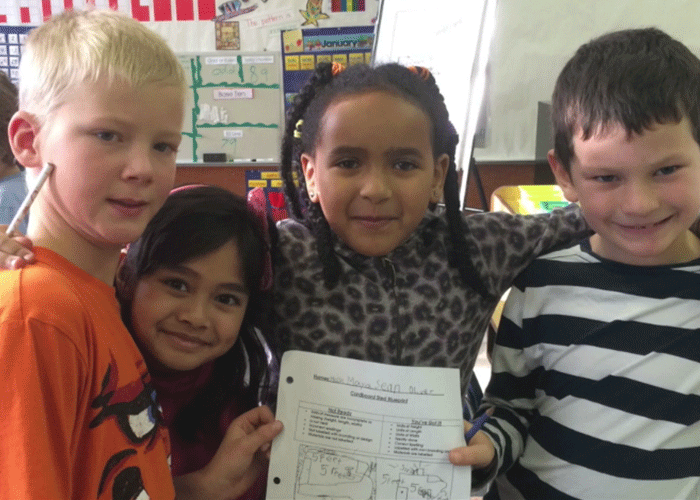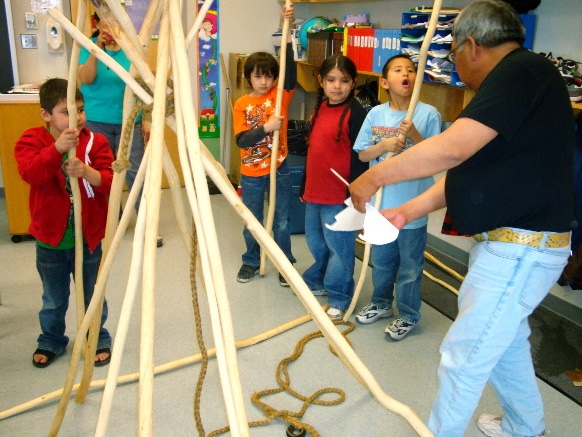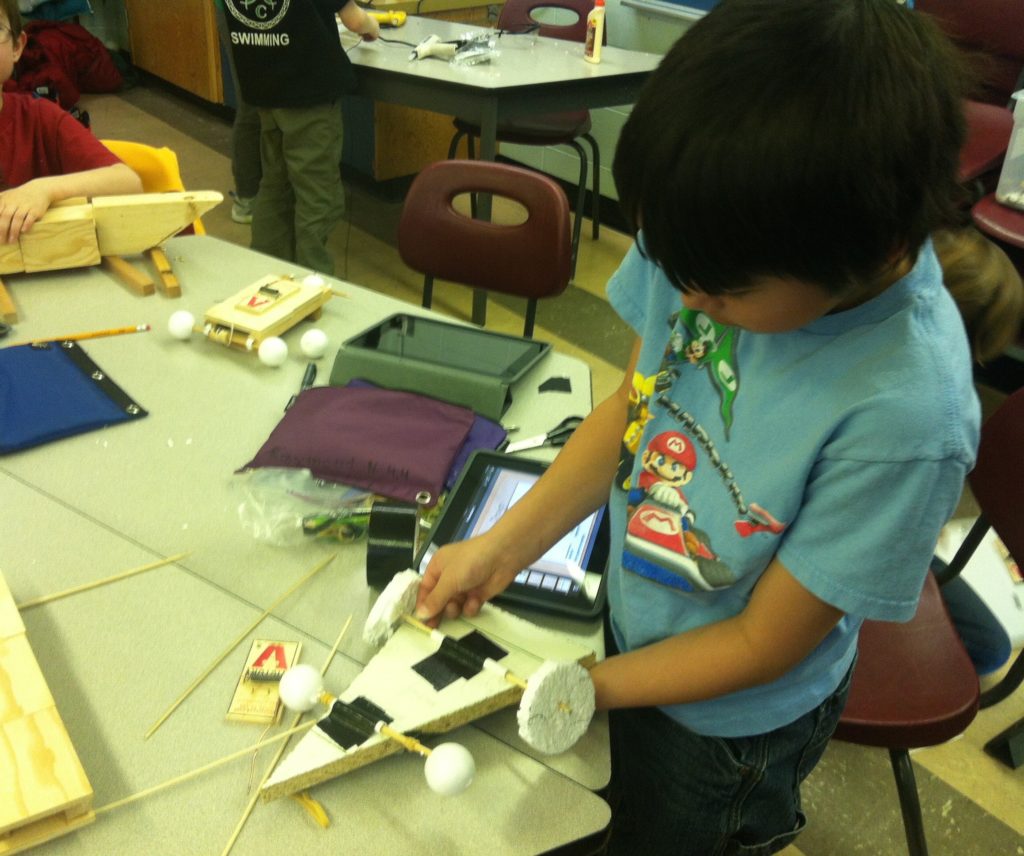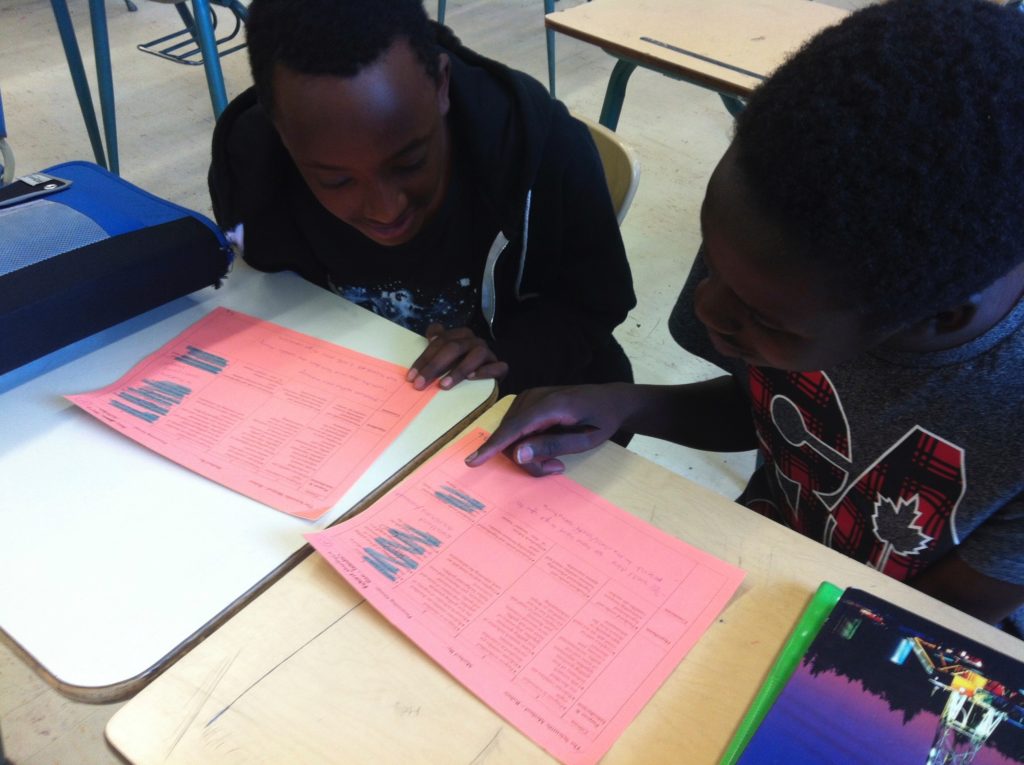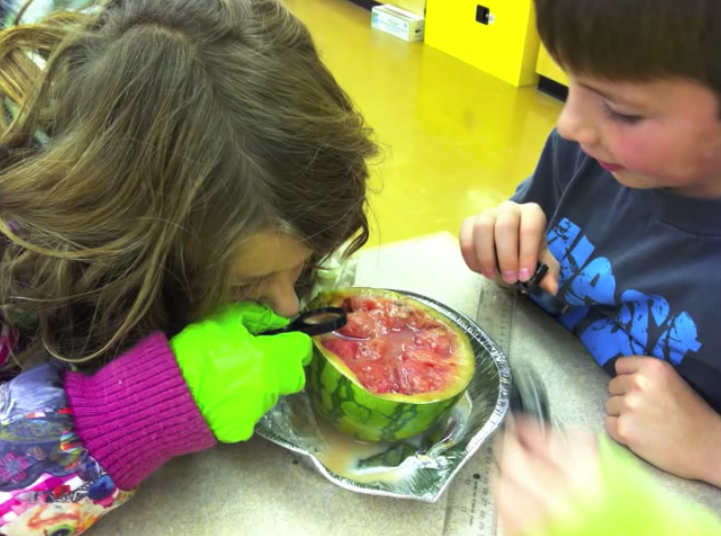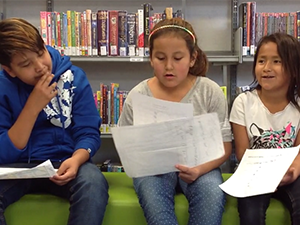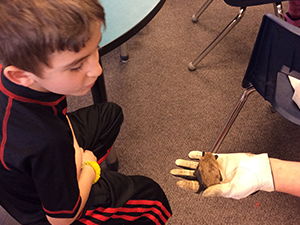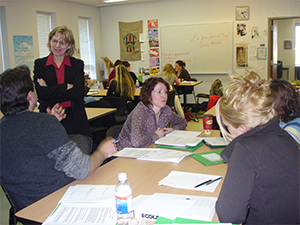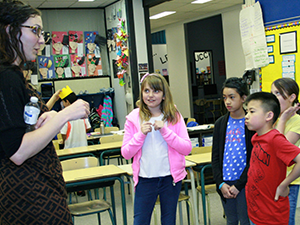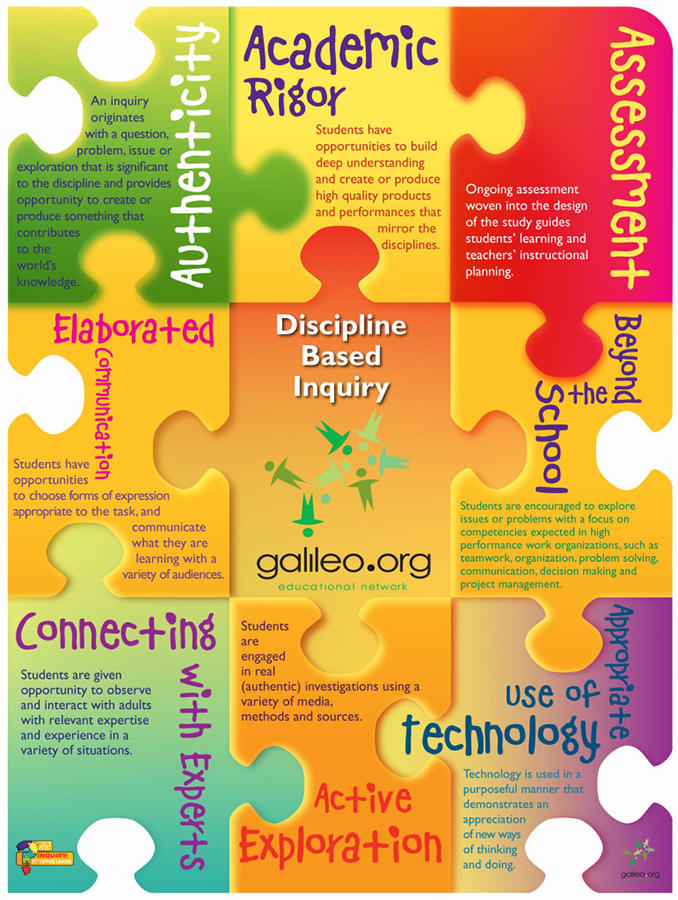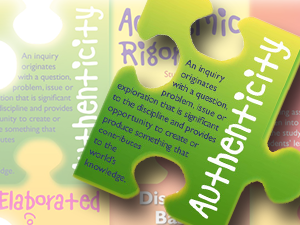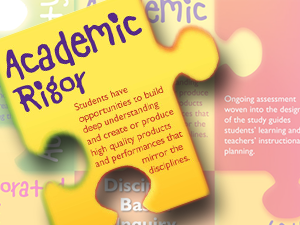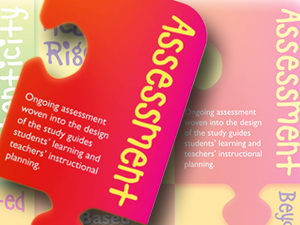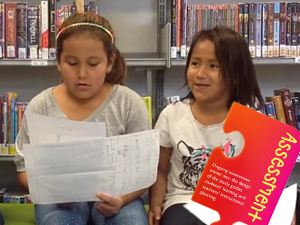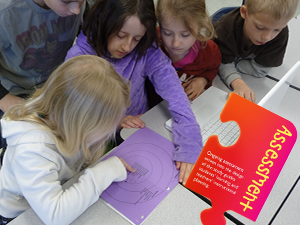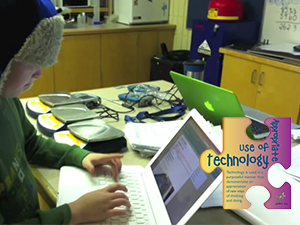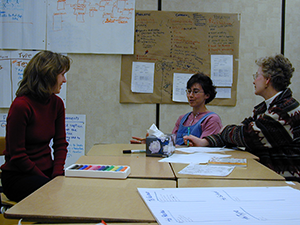Blog
Let’s Clarify What Inquiry Really Is
Galileo Educational Network February 18, 2016 Focus On Inquiry Research Series
The Focus on Inquiry study uncovered how to deepen engagement in learning through inquiry, a dynamic process of coming to know and understand the world in genuine and authentic ways that take their cue from how knowledge actually lives and works in the world. Once inquiry takes hold is permeates the culture of the school, professional learning, and influences how students approach their learning.
First, we’re going to unpack exactly what we mean by inquiry. Many teachers from across Alberta are learning to develop design teaching and assessment practices that are more closely aligned with contemporary research on how people learn. One of these learning-focused designs is discipline-based inquiry (Friesen & Scott, 2013).
In a nutshell, we define inquiry as a systematic investigation into a problem, issue, topic or idea. When this orientation to activating learning takes hold, teachers adopt new pedagogies that sponsor deep learning in students (Fullan & Langworthy, 2014). Basically, the classroom experience can be seen as a shared dialogue between the content and students activated by the teacher.
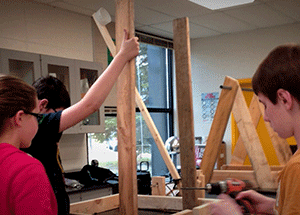
Discipline-based inquiry is a distinctive way of thinking about the world that characterizes the work of those who are advancing knowledge among a profession, or discipline of study. How would a scientist solve this problem? How do experts in the field go about learning more? Students who engage in this more rigorous way of learning within a discipline gain a more in-depth understanding of the topic at hand, rather than a superficial acquaintance of the facts. Elaborated forms of communication reinforce this, and are also used to learn and express conclusions.
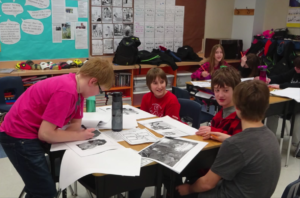
There is research suggesting discipline-based inquiry can positively impact student achievement and provide intellectually engaging learning environments. However, more research is needed to understand the role professional learning and development plays in all this. How can professional learning, focused on discipline-based inquiry, impact not only teaching practice and organizational change, but student learning as well?
The Galileo website has many resources and class exemplars to expand on this.
References:
Friesen, S. & Scott, J. (2013). Two high performing school jurisdictions in the application of 21st Century Learning. In J. Brandon, P. Hanna, & K. Rhyason (Eds.), Vision in action: Seven approaches to school system success. Edmonton, AB: Henday Publishing.
Fullan, M. & Langworthy, M. (2014). A rich seam: How new pedagogies find deep learning. Pearson. Retrieved from http://www.michaelfullan.ca/wp-content/uploads/2014/01/3897.Rich_Seam_web.pdf

